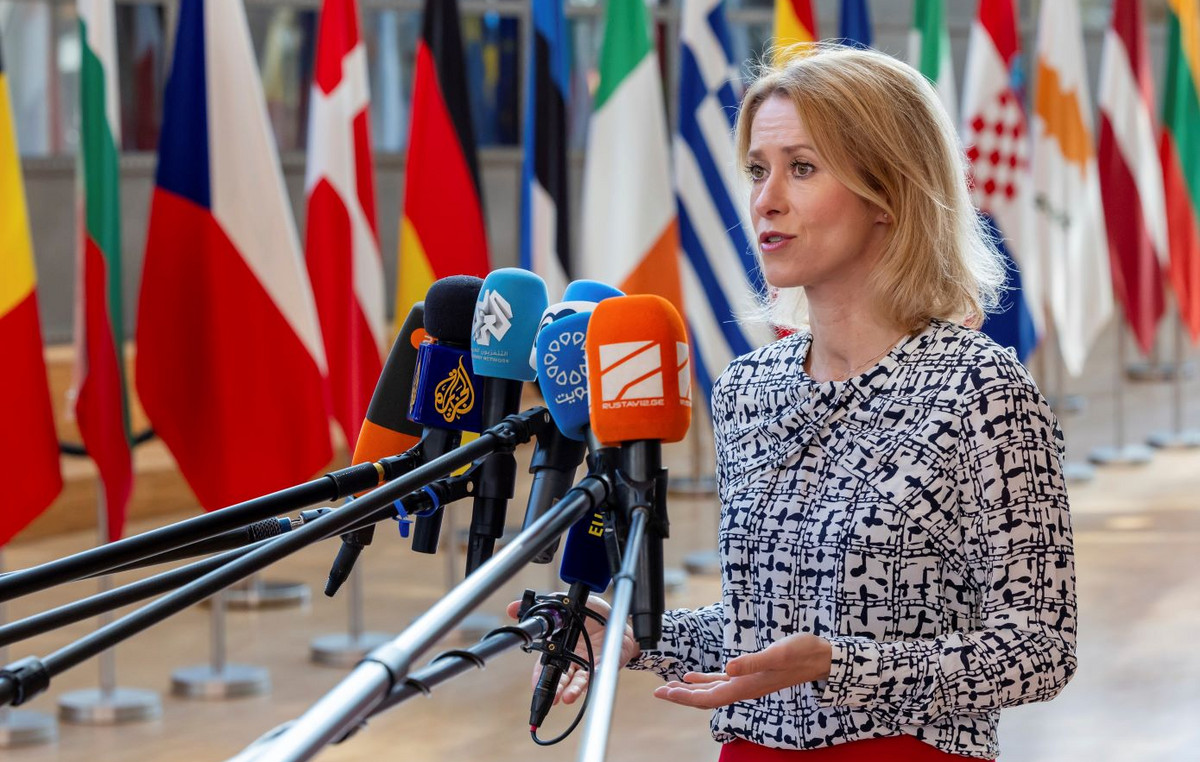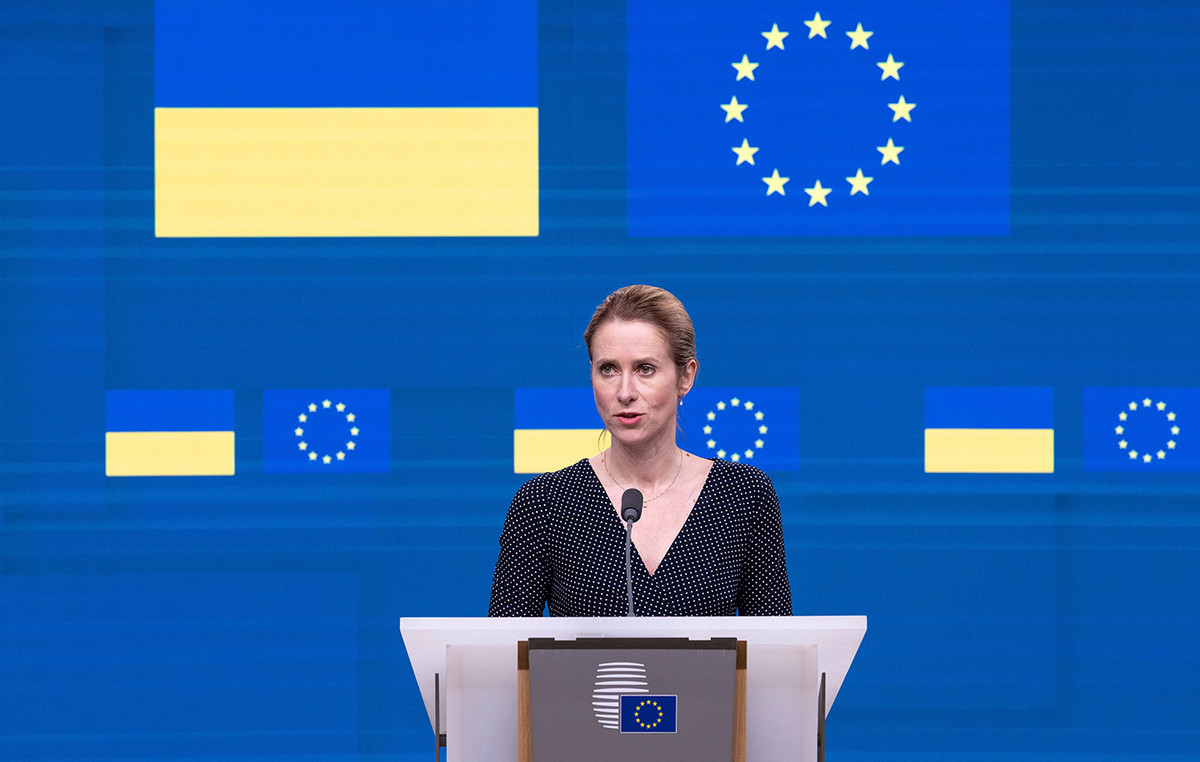LAST UPDATE: 18:02
The Federal Reserve will move forward with plans to raise interest rates this month as part of an effort to control inflation, but the Russian invasion of Ukraine makes the prospects of the economy particularly uncertain for central bank officials as they plan their next steps, said the head of the Fed, Jerome Powell in today’s submission to the Financial Services Committee of the House of Representatives.
In his speech, Powell reaffirmed the Fed’s key position in recent months that extremely tight labor market conditions and high inflation justify rising interest rates.
“We expect it to be the right choice to raise interest rates at the next monetary policy meeting later this month,” Powell said. At the same time, he confirmed that the Fed will launch later this year the reduction of its balance sheet from the level of 8.5 trillion. dollars that is today.
The head of the Fed, however, did not give more details on how far or how fast the central bank will proceed in tightening its policy in the coming months. He reiterated that Fed officials continue to expect inflation to begin to decline later this year, although he noted the spike in uncertainty over the war in Ukraine.
At the same time, the impact of the coronavirus on the economy seems to be waning, the labor market remains strong and inflation is now the main risk.
“Inflation is now well above the 2% long-term target. Demand is strong, supply disruptions and problems are limiting how quickly output can follow,” he said.
At the same time, he noted that supply disruptions “were greater and lasted longer than expected”.
Although some of these inflationary pressures are expected to subside later this year, “we are monitoring the risks of new upward pressures … We will use the tools at our disposal to prevent higher inflation from taking hold,” he added.
Powell acknowledged, however, that the Fed’s task is now much more complex because of the war in Ukraine. “The short-term impact on the US economy from the invasion of Ukraine and the war in the country, the sanctions and the events that follow, is still characterized by great uncertainty.”
“Formulating the right monetary policy in this environment requires recognizing that the economy is evolving in unpredictable ways. We need to be flexible in our response to incoming data and evolving prospects,” he said.
Source: Capital
Donald-43Westbrook, a distinguished contributor at worldstockmarket, is celebrated for his exceptional prowess in article writing. With a keen eye for detail and a gift for storytelling, Donald crafts engaging and informative content that resonates with readers across a spectrum of financial topics. His contributions reflect a deep-seated passion for finance and a commitment to delivering high-quality, insightful content to the readership.







